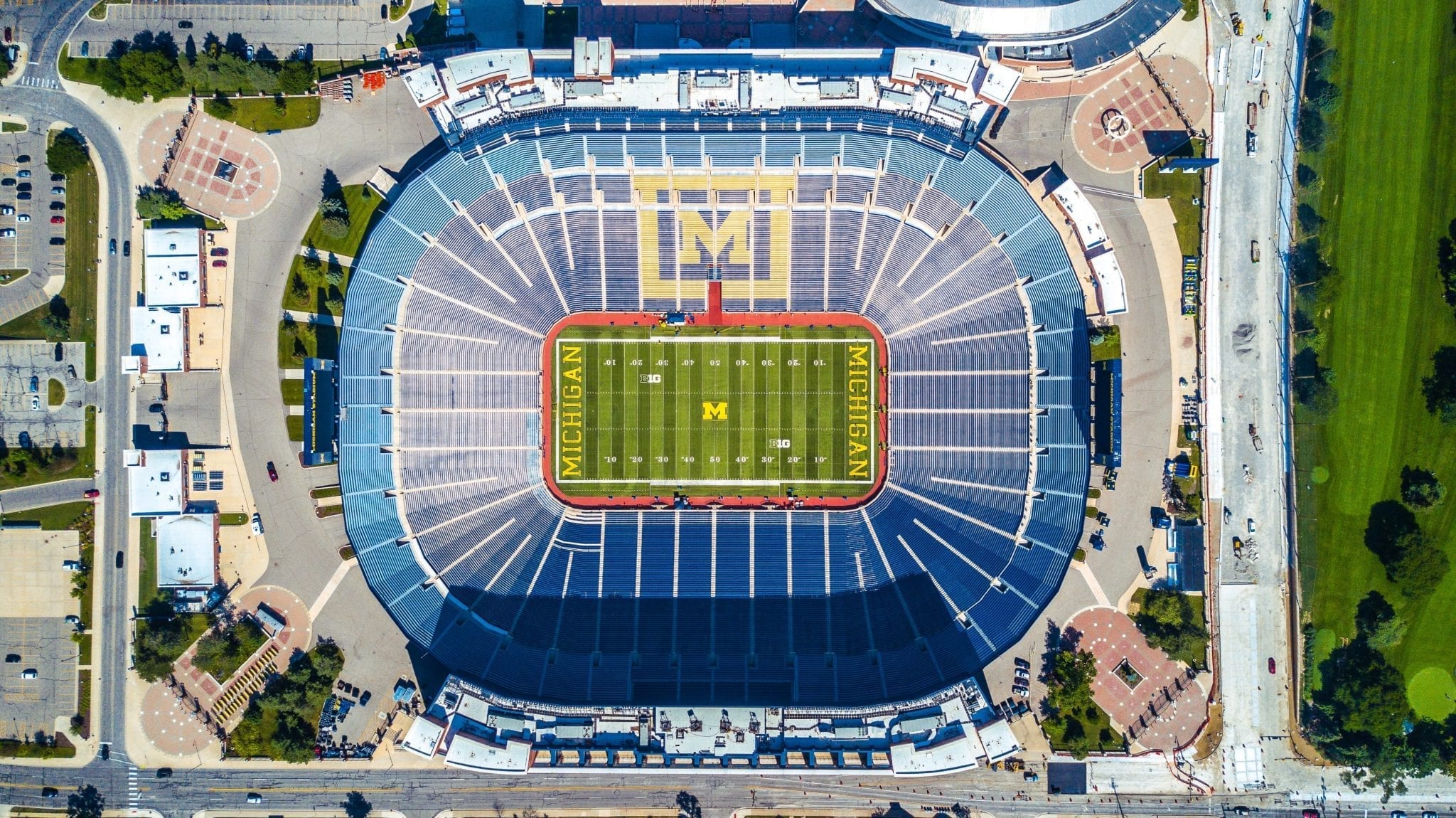The University of Michigan Health System (UMHS) has agreed to pay the United States $4.3 million to settle a lawsuit involving allegations of drug diversion violating certain provisions of the Controlled Substances Act, the statute establishing federal U.S. drug policy under which the manufacture, importation, possession, use, and distribution of certain substances, including prescription drugs, is regulated. The settlement terms were announced by the United States Attorney’s Office for the Eastern District of Michigan late last month after a year-long Drug Enforcement Administration (DEA) investigation.
UMHS has also entered into a three-year Memorandum of Agreement with the DEA, which is responsible for detailing the hospital’s drug-handling responsibilities moving forward. The agreement recognizes that “substantial steps” have already been taken by UMHS to address deficiencies.

A nurse’s death, a physician’s overdose, and 16,000 missing prescription pills in December 2013 initially prompted the federal agency’s investigation. The nurse, 29-year-old Carla DelVecchio, and the doctor, 32-year-old Timothy Sutton, both overdosed on stolen pain medication in different areas of the hospital on the same day, and both were found in the facility’s bathrooms after having injected the drugs into their own bodies. Only Sutton lived, subsequently losing his job and receiving a criminal conviction.
The DEA found UMHS failed to secure registrations for fifteen of its off-site ambulatory care locations located in its home base of Ann Arbor and throughout Southeast Michigan, each of which received narcotics from the main hospital’s pharmacy and dispensed them to patients. All of the narcotics distributions from the main hospital to the unregistered off-site locations were, therefore, rendered unlawful, as well as the unregistered locations’ dispensing of these narcotics to patients. The health system also failed to maintain complete and accurate records of certain controlled substances received, sold, delivered, or disposed of, and did not take measures to notify the DEA in a timely manner regarding certain instances of theft.
Records show prescription pill stealing spiked at the beginning of 2012 when thousands of pills were reported missing. The missing drugs ranged from a single pill to 15,000 hydrocodone pills taken all at one time. The 15,000 pills had an estimated worth of $2,404. University of Michigan police estimate the number of missing medications to be closer to 16,000, and DEA investigators believed the pills were stolen over a span of time from May 2011 to January 2012.
“Every professional and every institution throughout our health care system has a responsibility to comply with the laws governing the regulation of controlled substances,” United States Attorney Matthew Schneider said. “Even the University of Michigan Health System, which does great work every single day, has an obligation to its patients, to its employees, and to the public to responsibly control its drug inventory.”
Michigan Medicine spokesperson Beata Mostafavi responded, “At Michigan Medicine, we take these issues very seriously and are always in the business of improving what we do. We were not where we needed to be as a regulatory matter and, equally important, as measured against our own high standards.” Mostafavi added, “We’ve made multiple, substantial improvements to our pharmacy and controlled substance processes over the last several years and expect to continue those efforts in the future.”
Sources:
University of Michigan Health System to pay record drug diversion settlement
UM pays $4.3M to settle federal charges for stolen drugs, but criminal charges possible


Join the conversation!